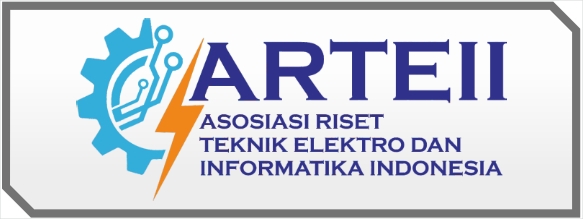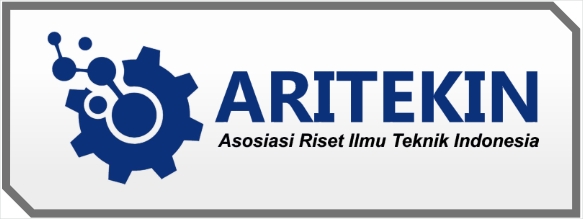Implementation of Al-Quran Learning on the Development of Religious and Moral Values in Early Childhood
DOI:
https://doi.org/10.55606/icesst.v1i1.173Keywords:
Al-Qur'an; development; child.Abstract
Al-Quran education must be given to children from an early age. The application of Al-Quran learning to early childhood in As-Salam Kindergarten aims to educate young children who are Qur'anic and become human resources based on the Al-Quran. Children can know short hadiths and short suras and their meanings about everyday life. This study aims to examine how the implementation of Al-Quran learning affects the development of religious and moral values (NAM) in early childhood. This study used a qualitative descriptive research type with data collection carried out directly at the research location. The informants in this study were group A1 (age 4-5 years) totaling 22 people. How to collect data using interview techniques, observation, and documentation. The results of this study show that in the implementation of Al-Quran learning in the development of NAM in early childhood it shows that children can show good morals, behave politely, care, and be able to maintain personal hygiene. Children can also practice short hadiths in daily life following the sunnah of the Prophet, children also understand the meaning or stories of the surahs of the Al-Quran that are read, along with what important days are commemorated and made special days in Islam.















